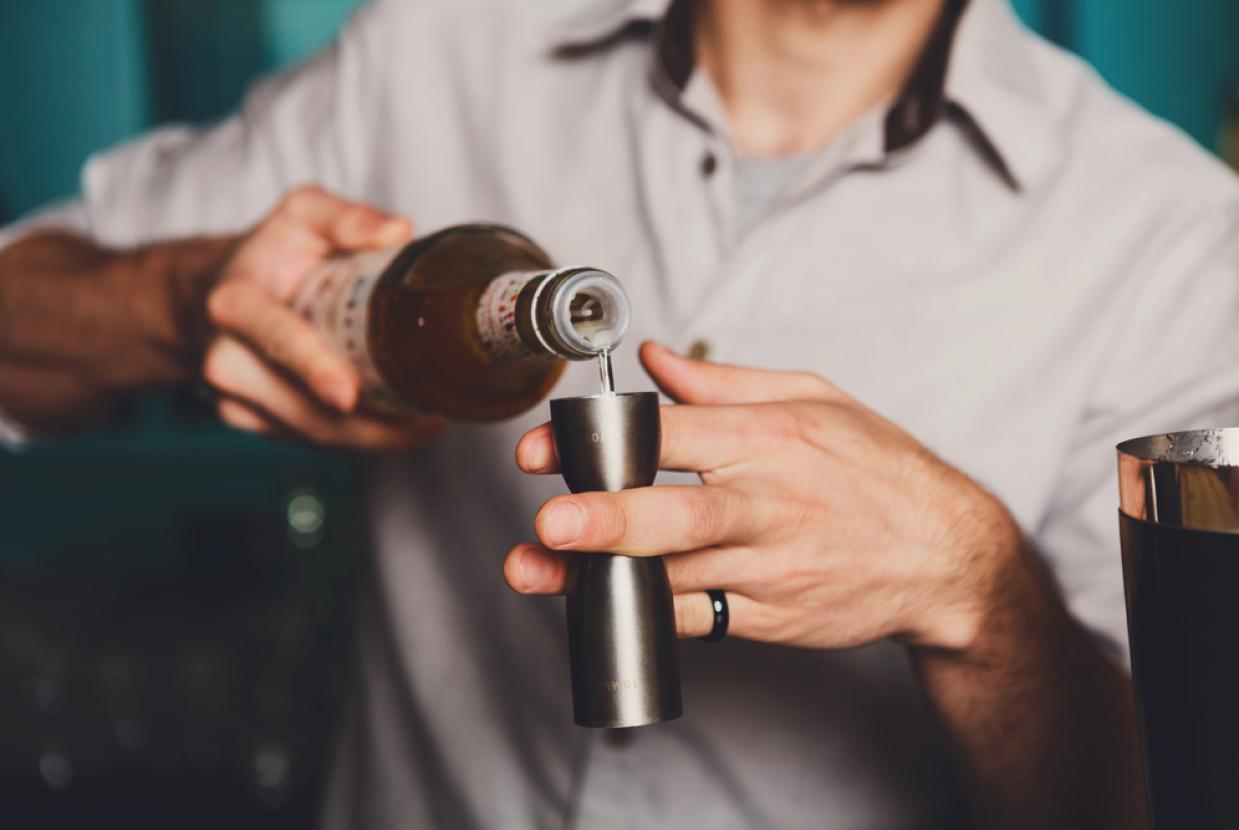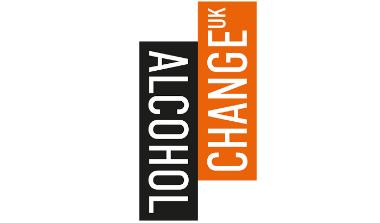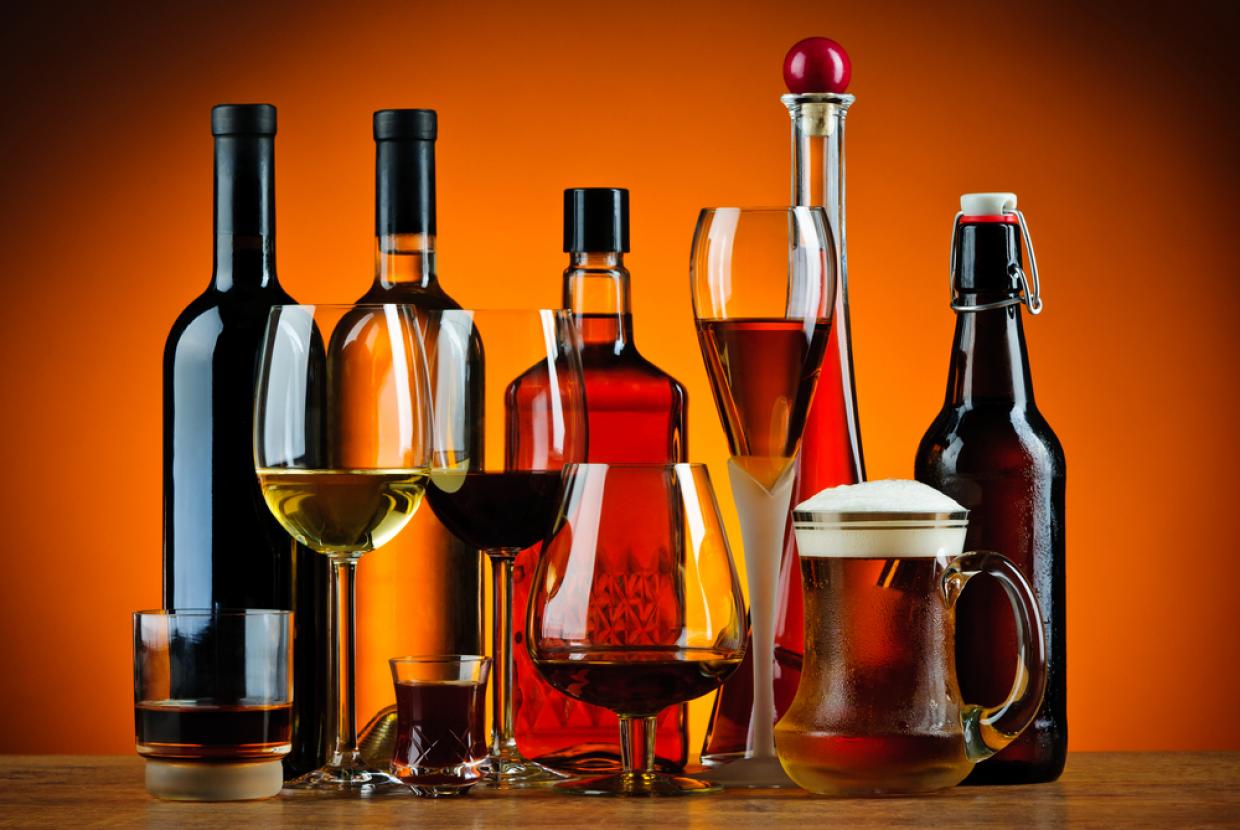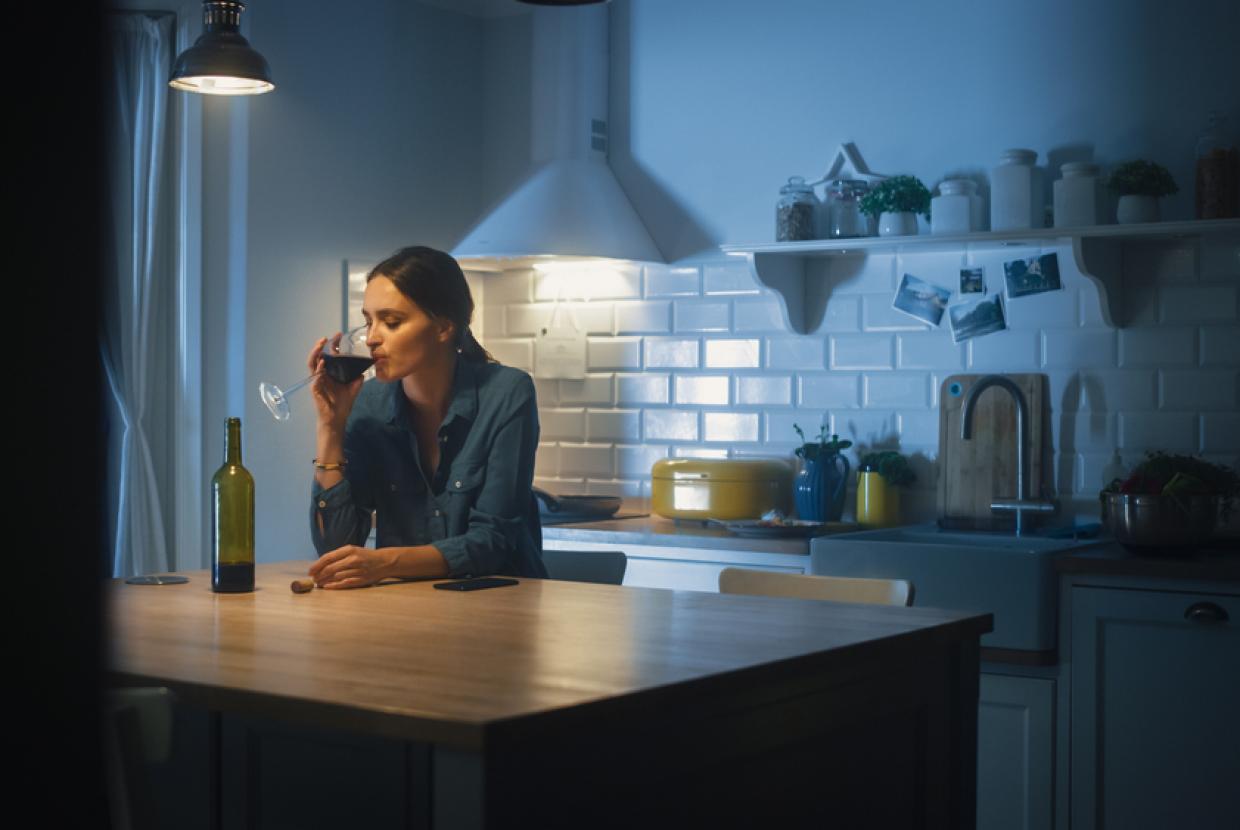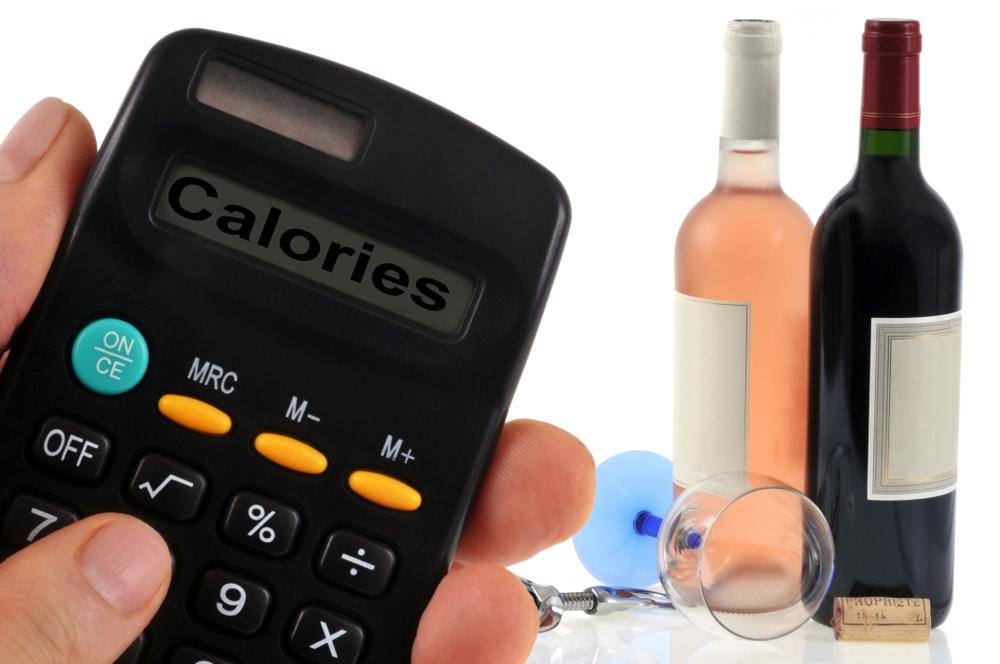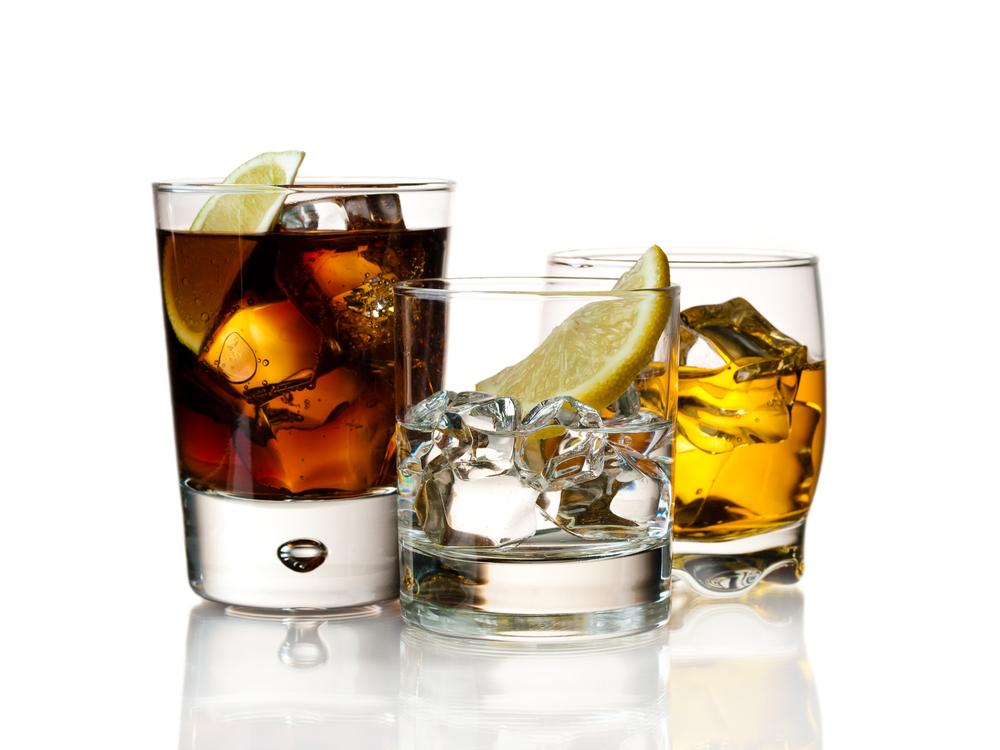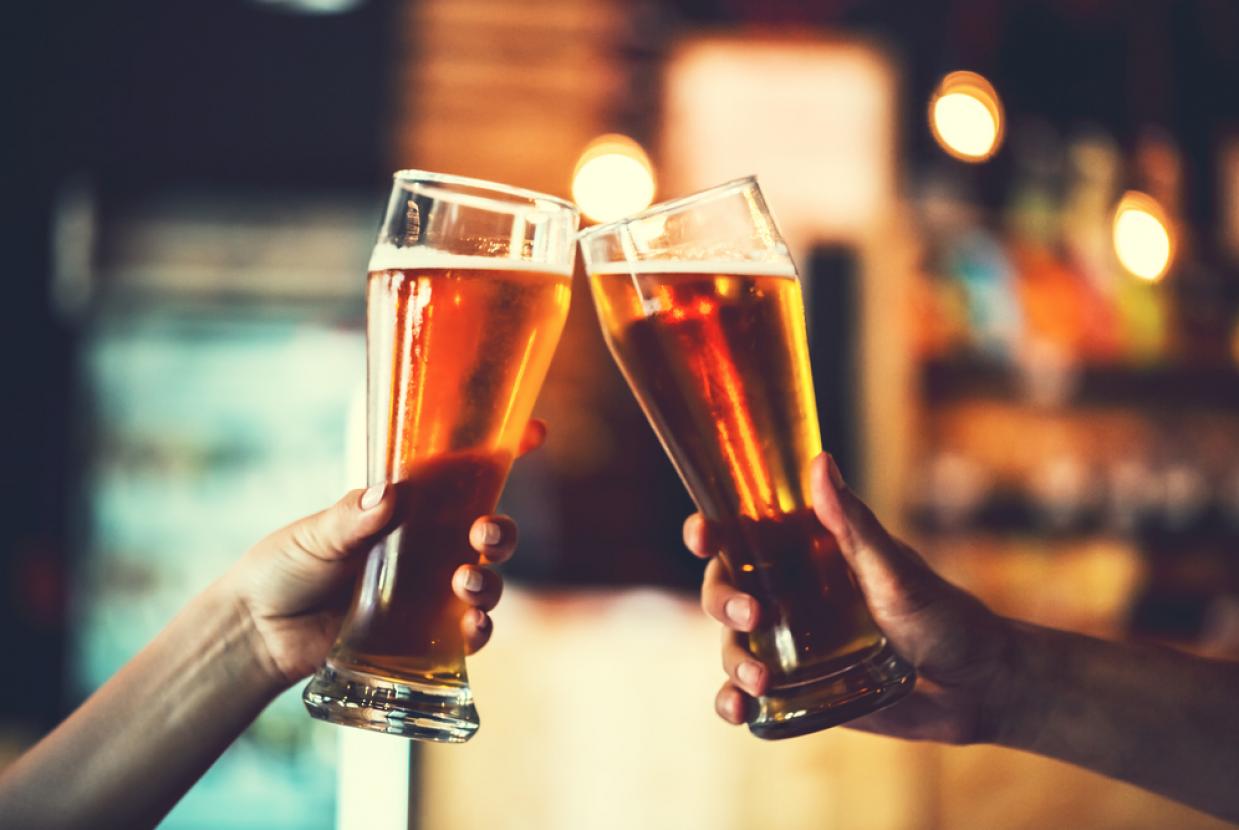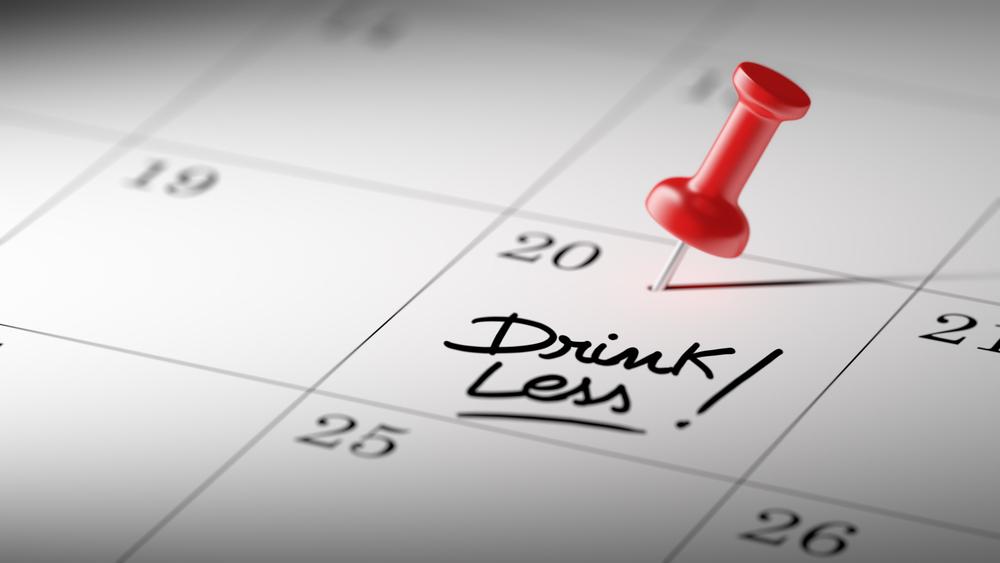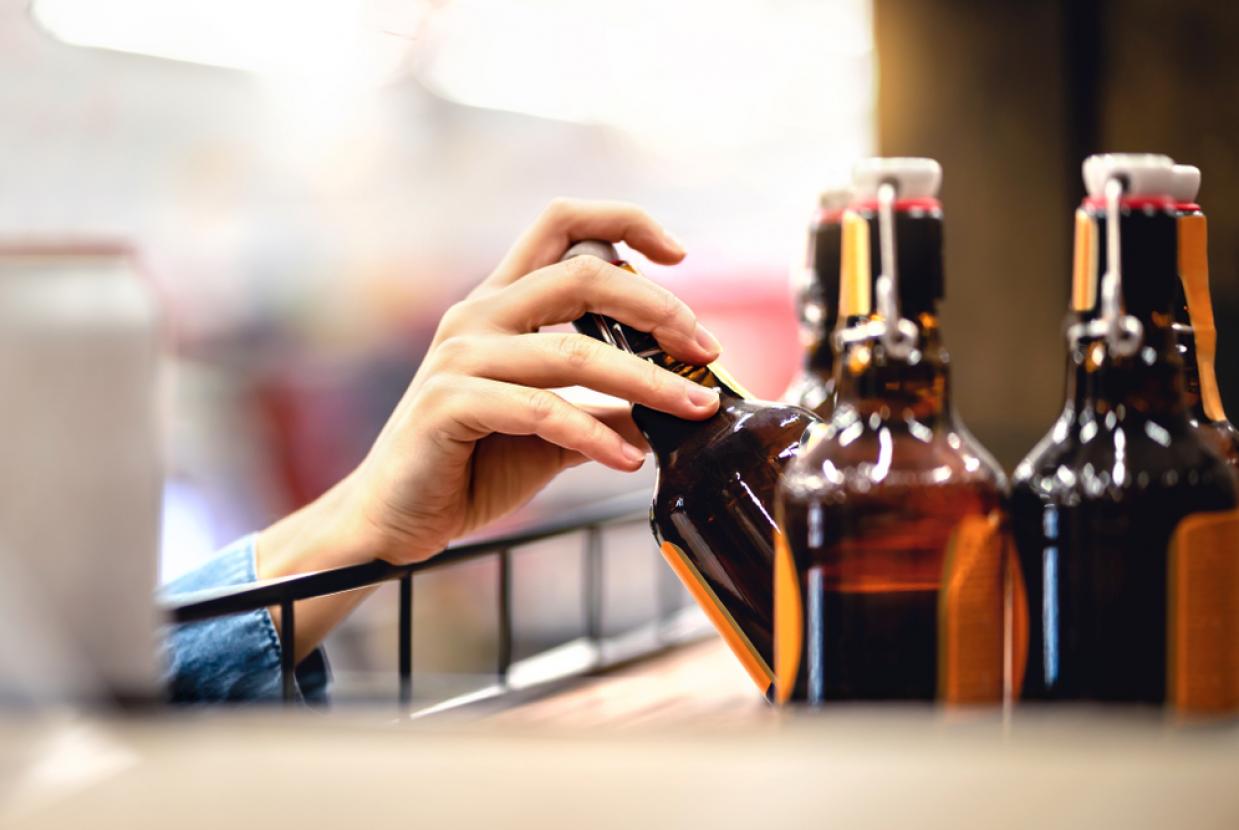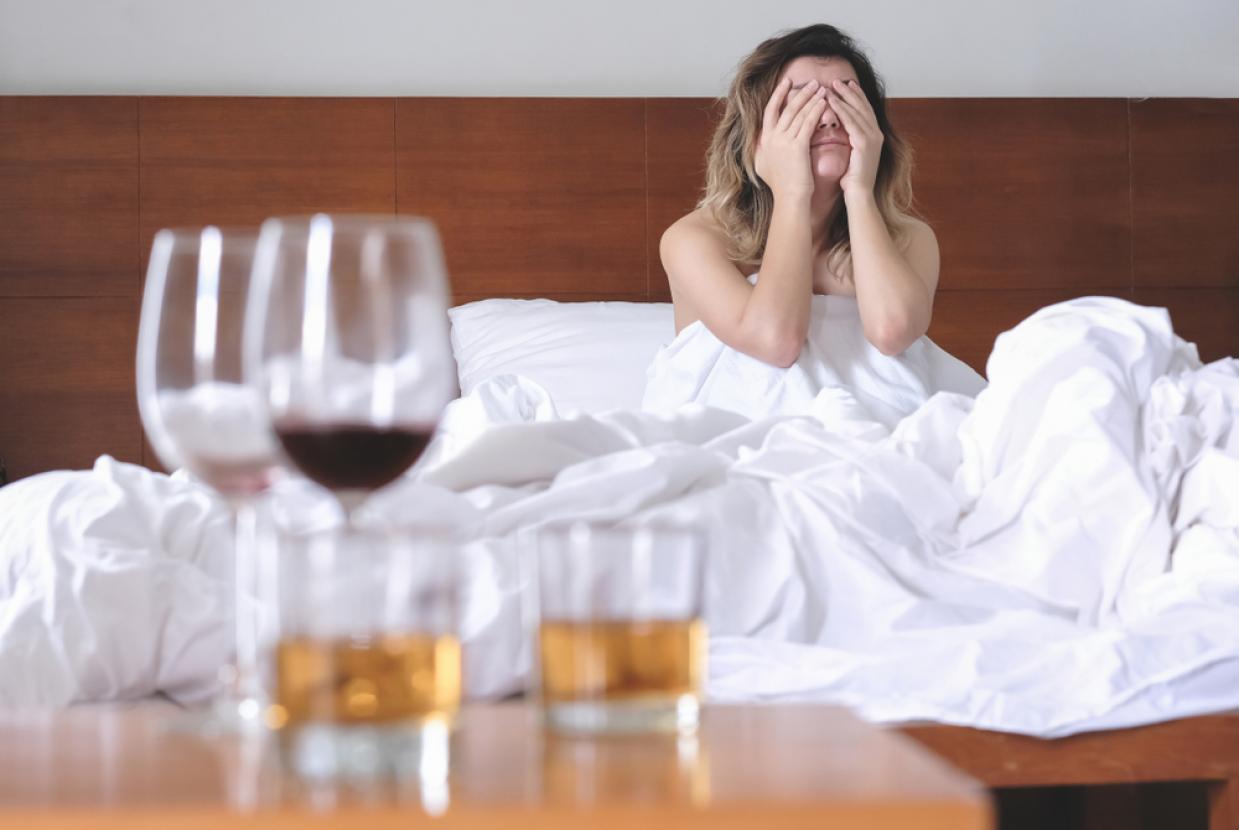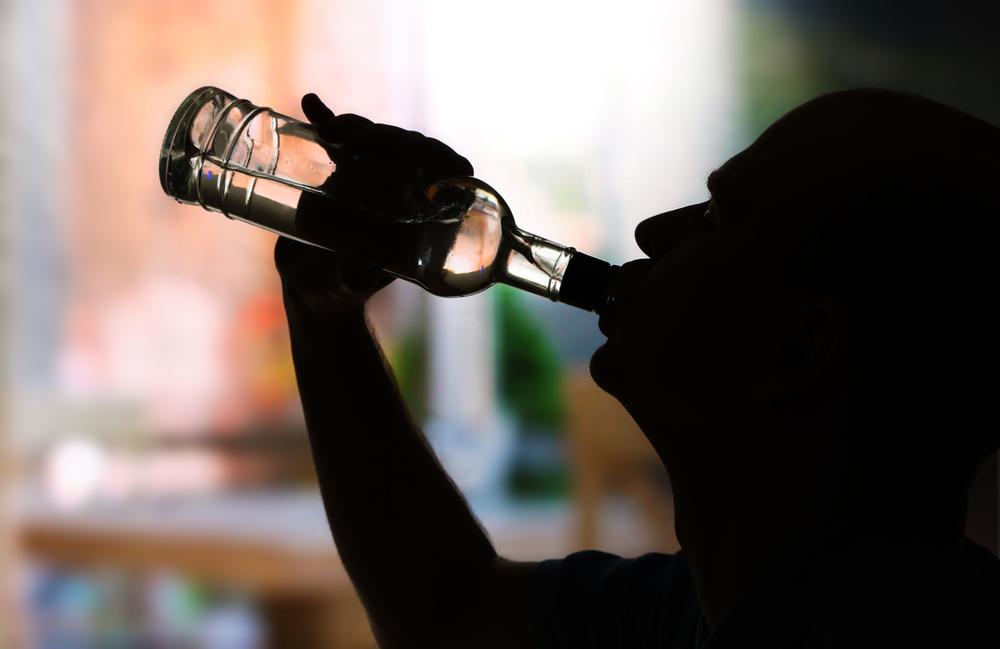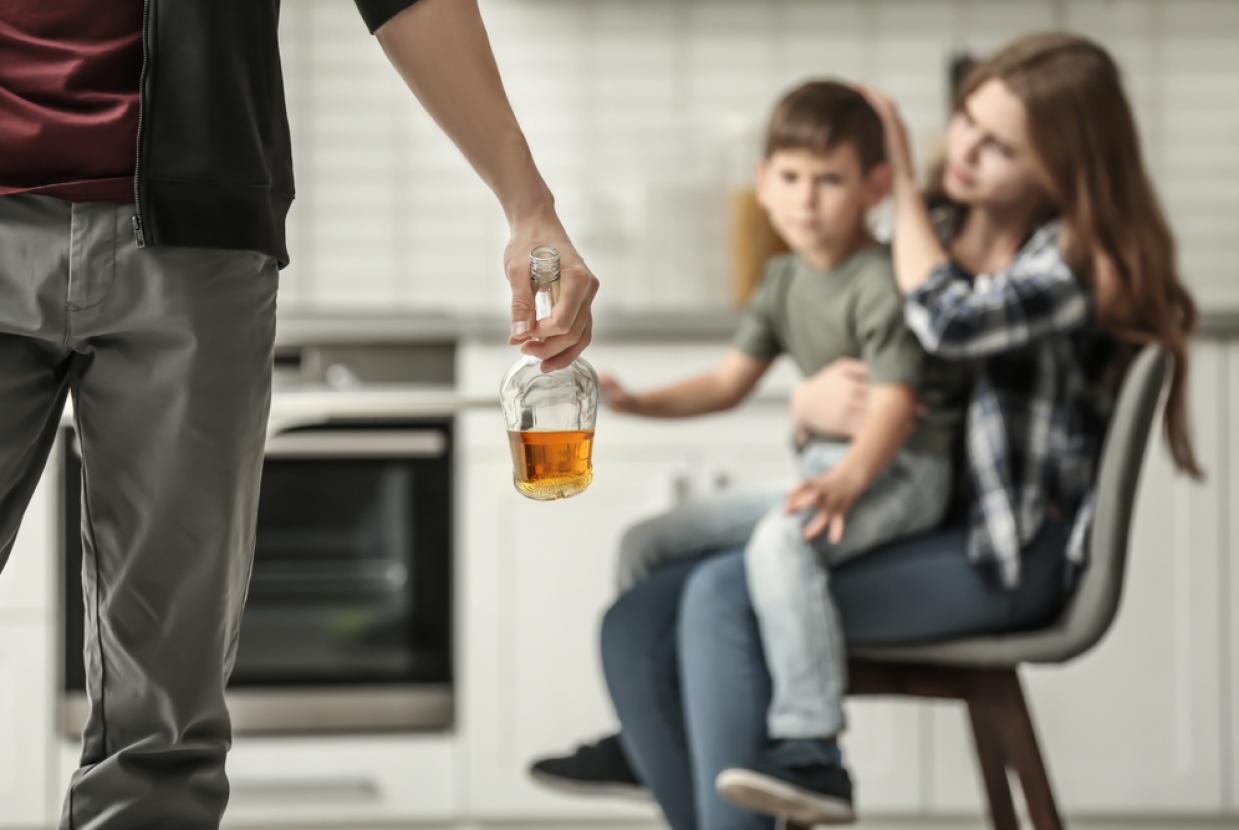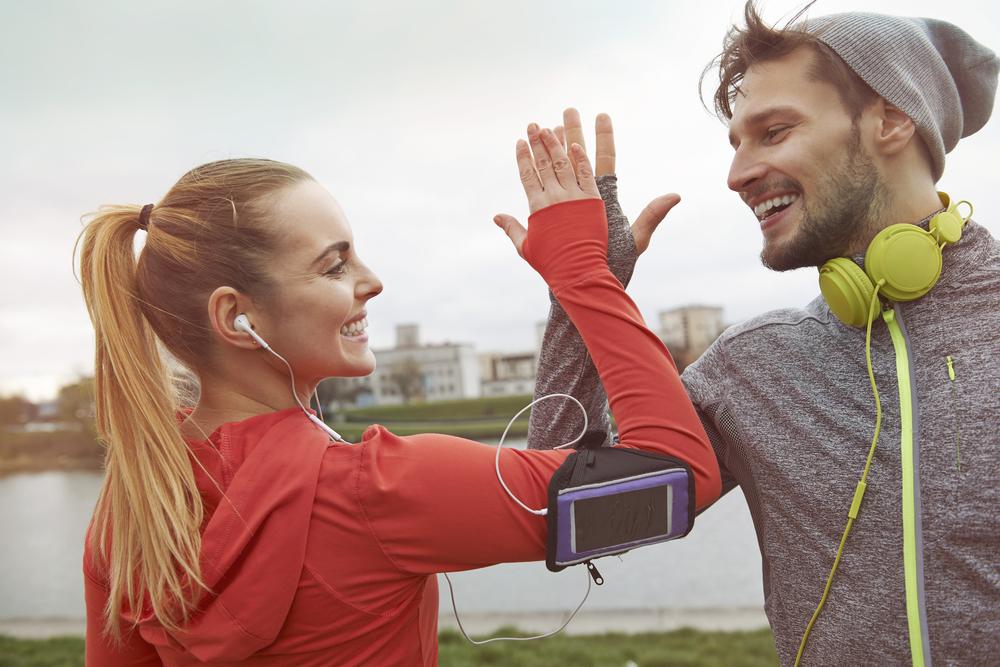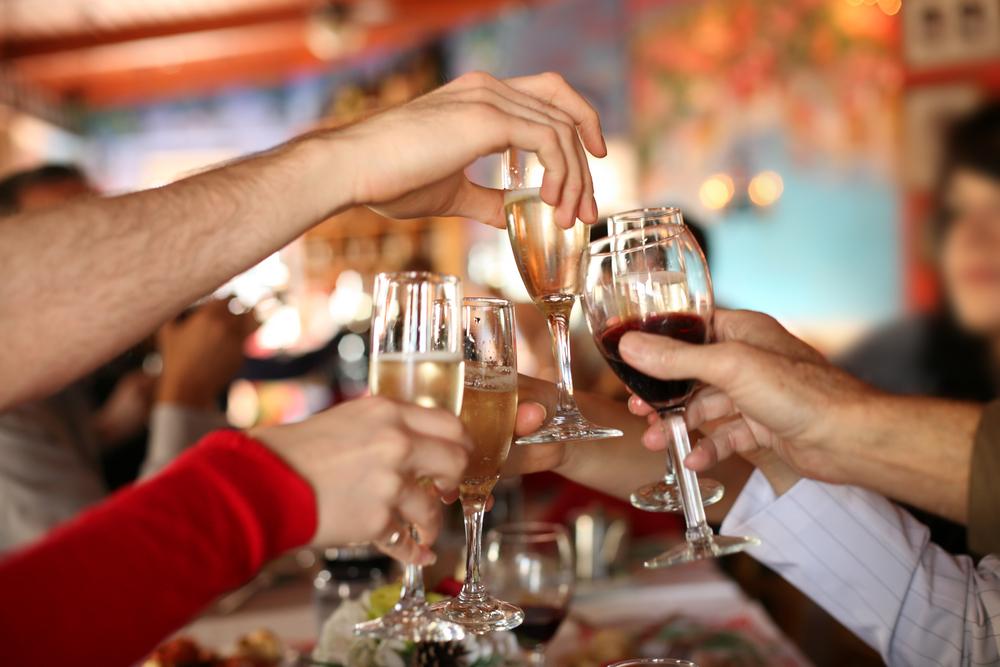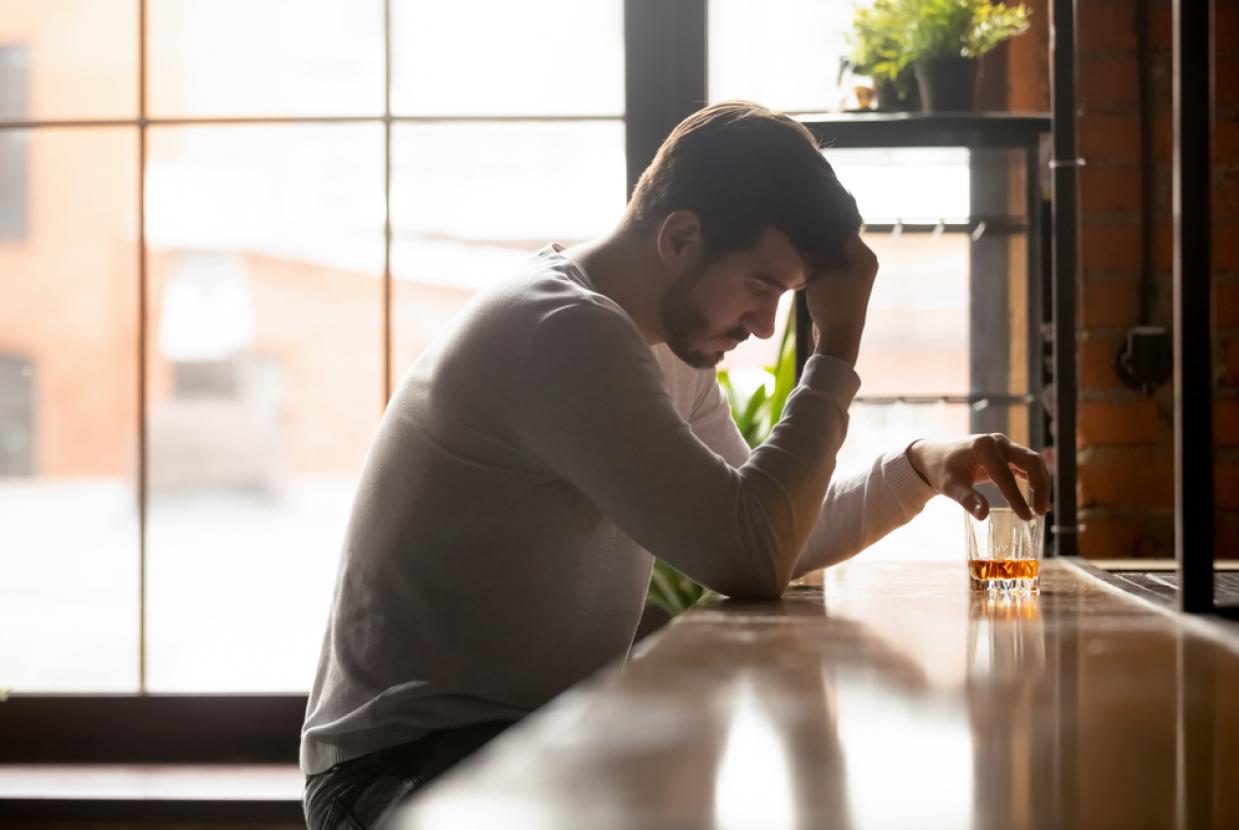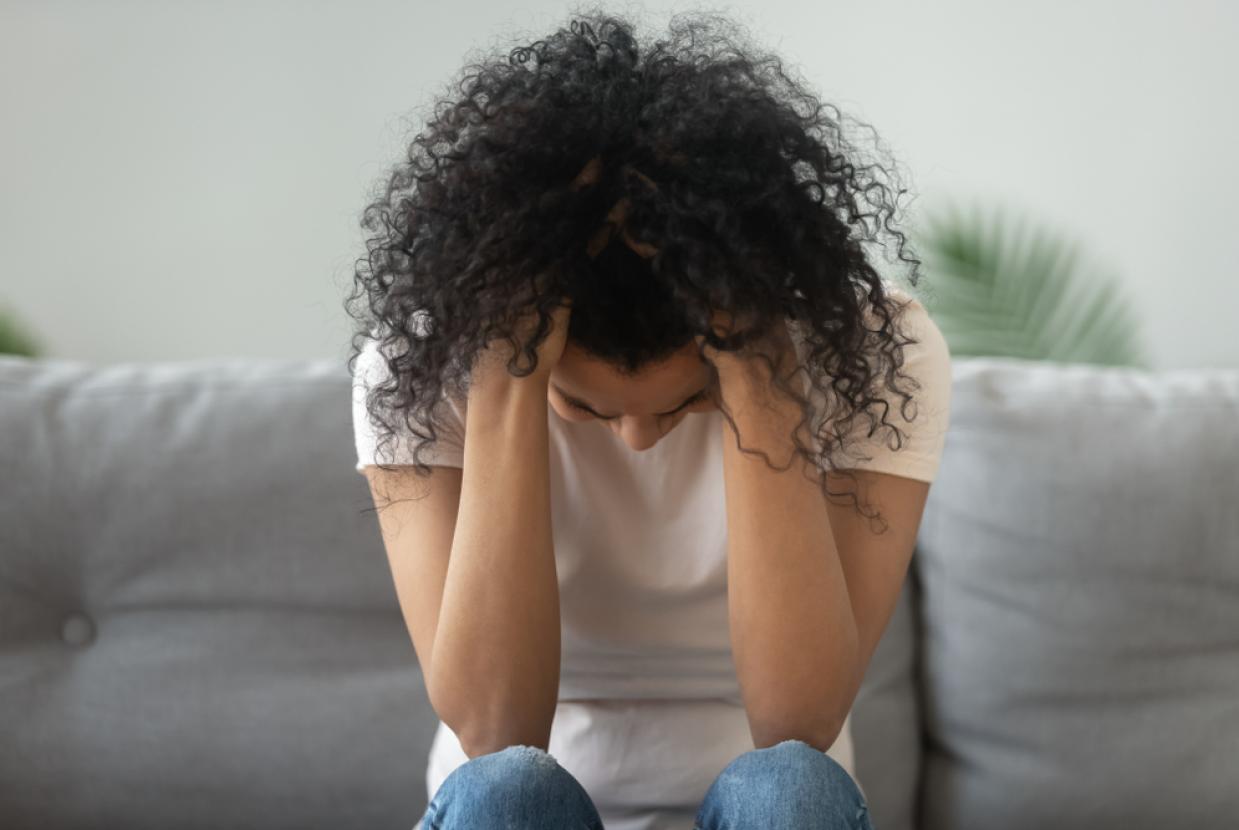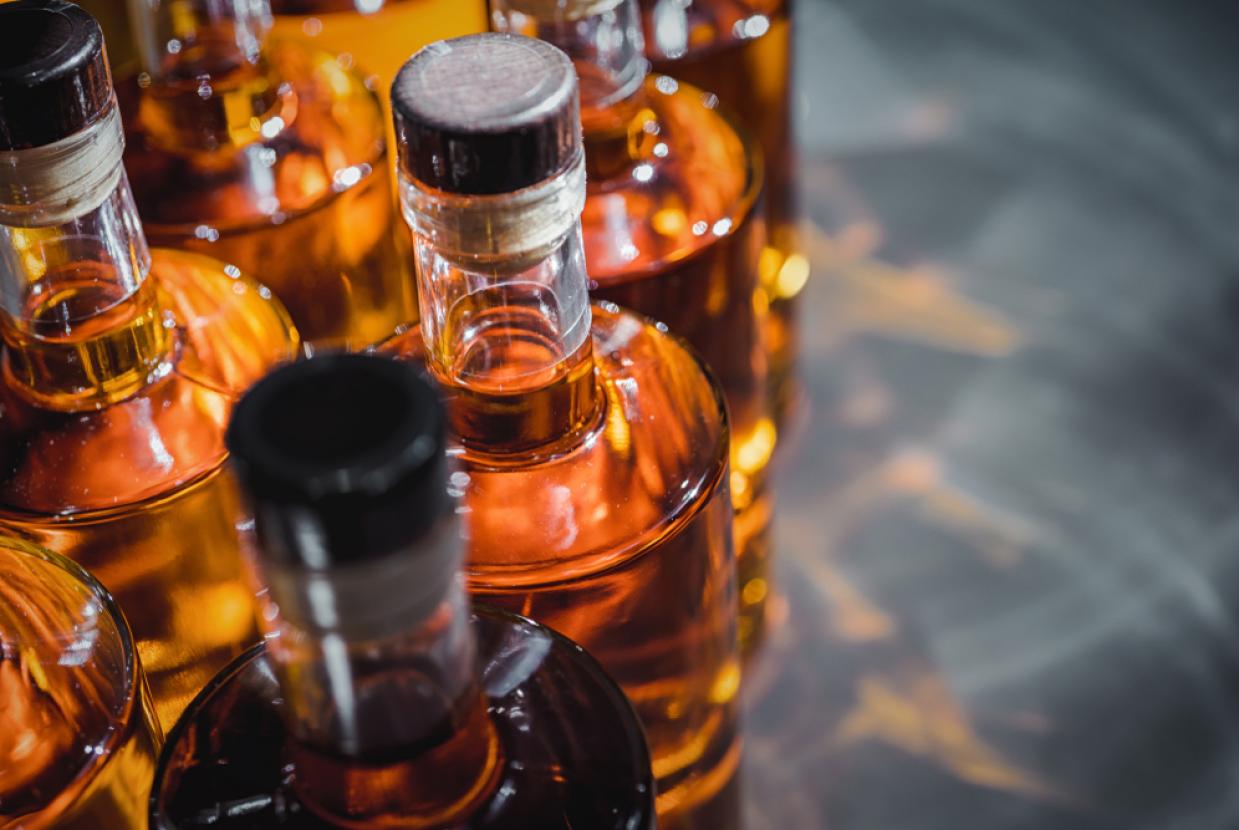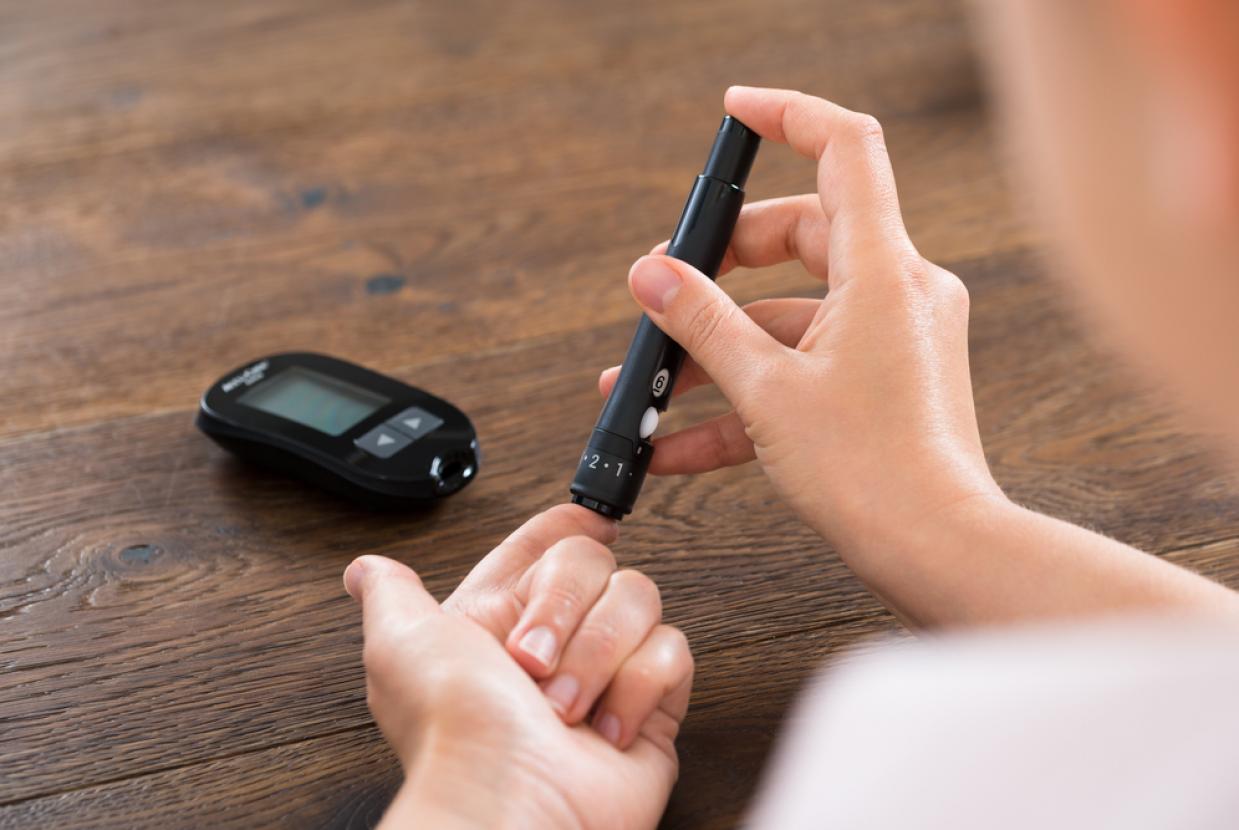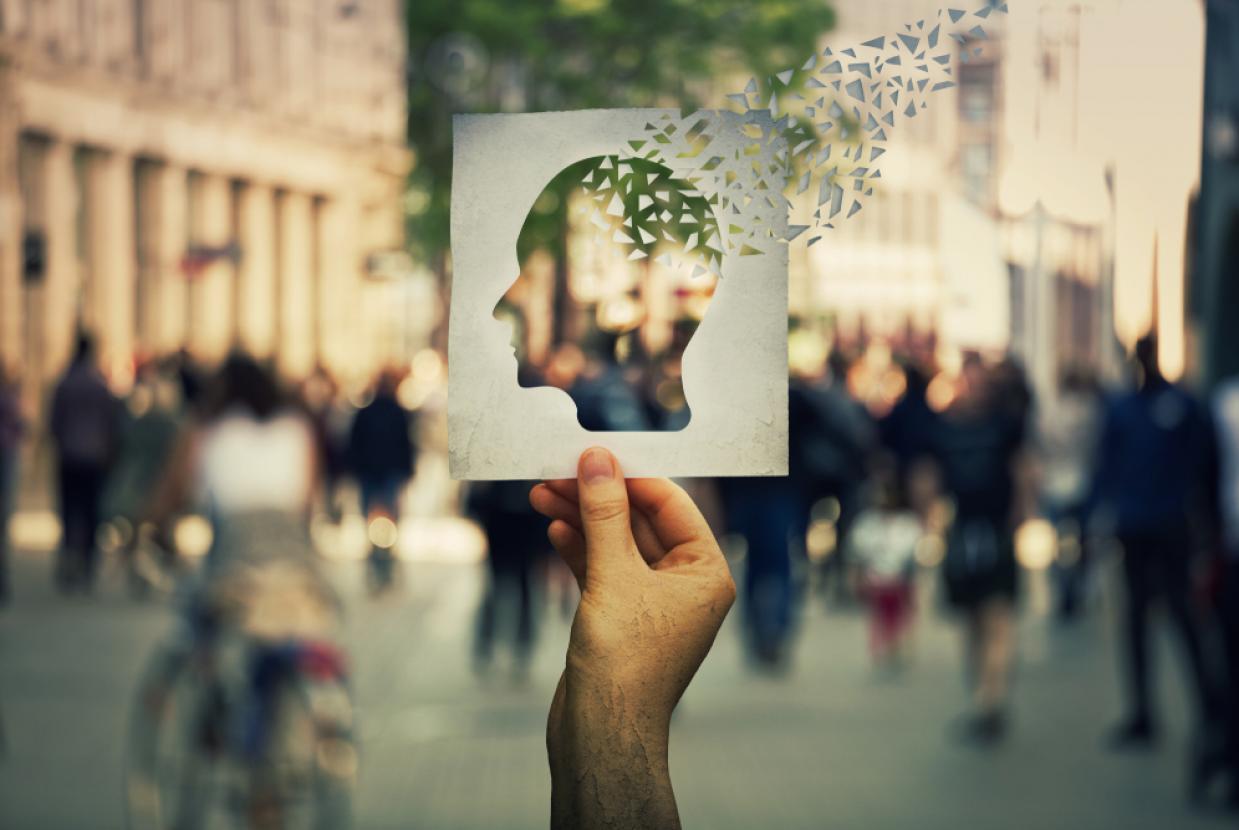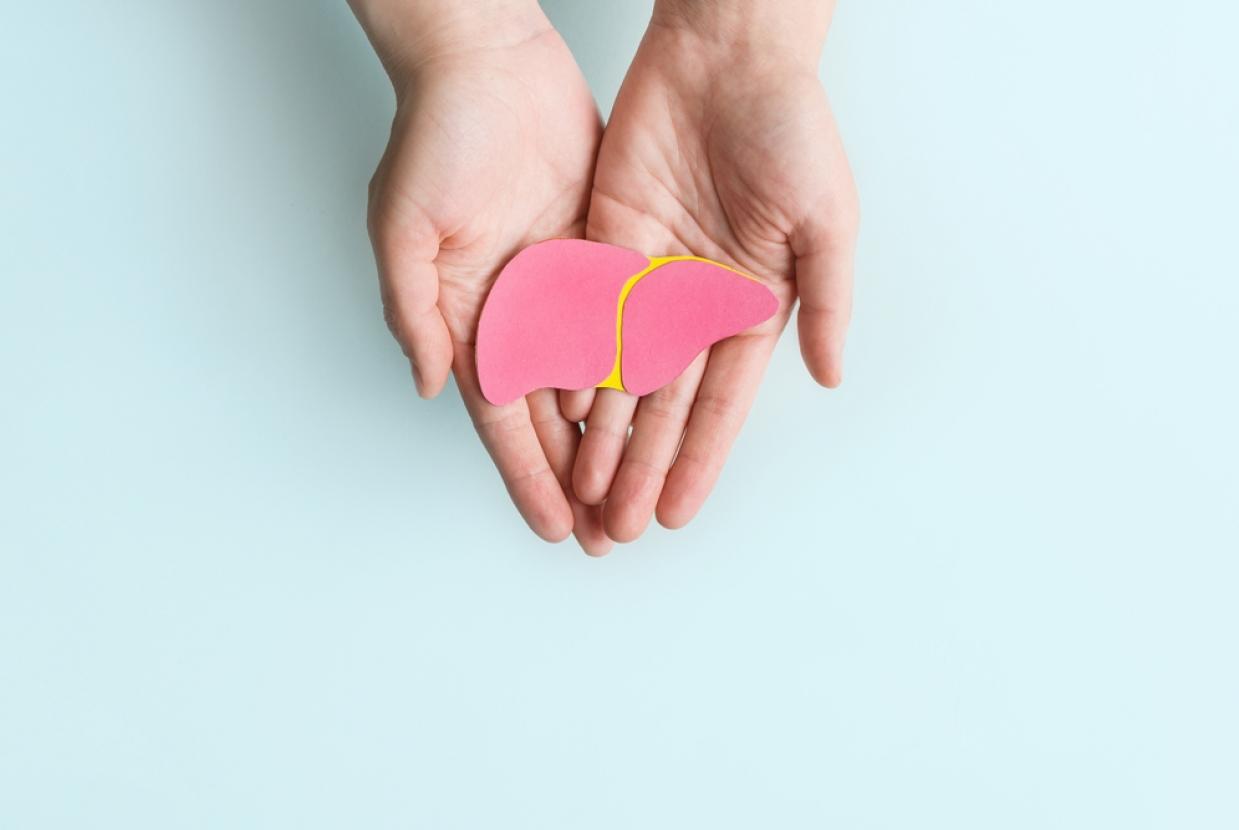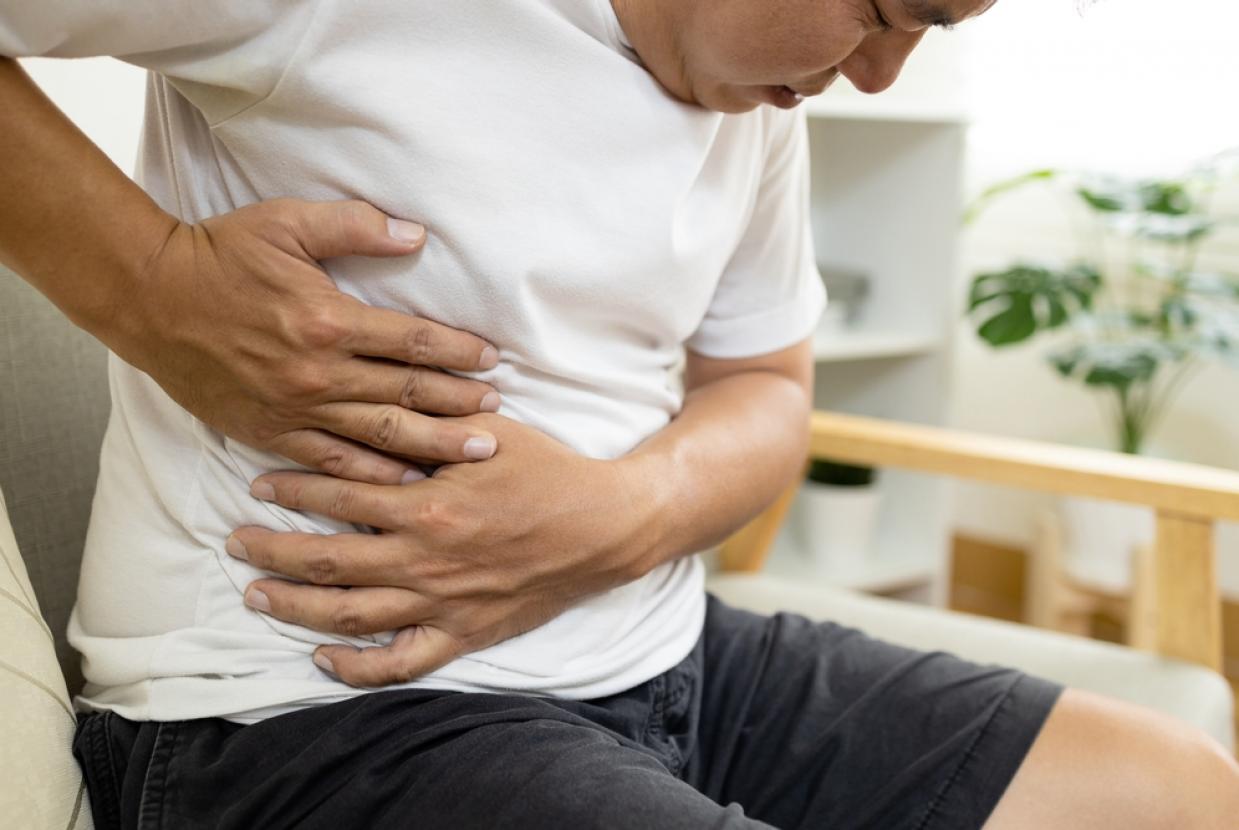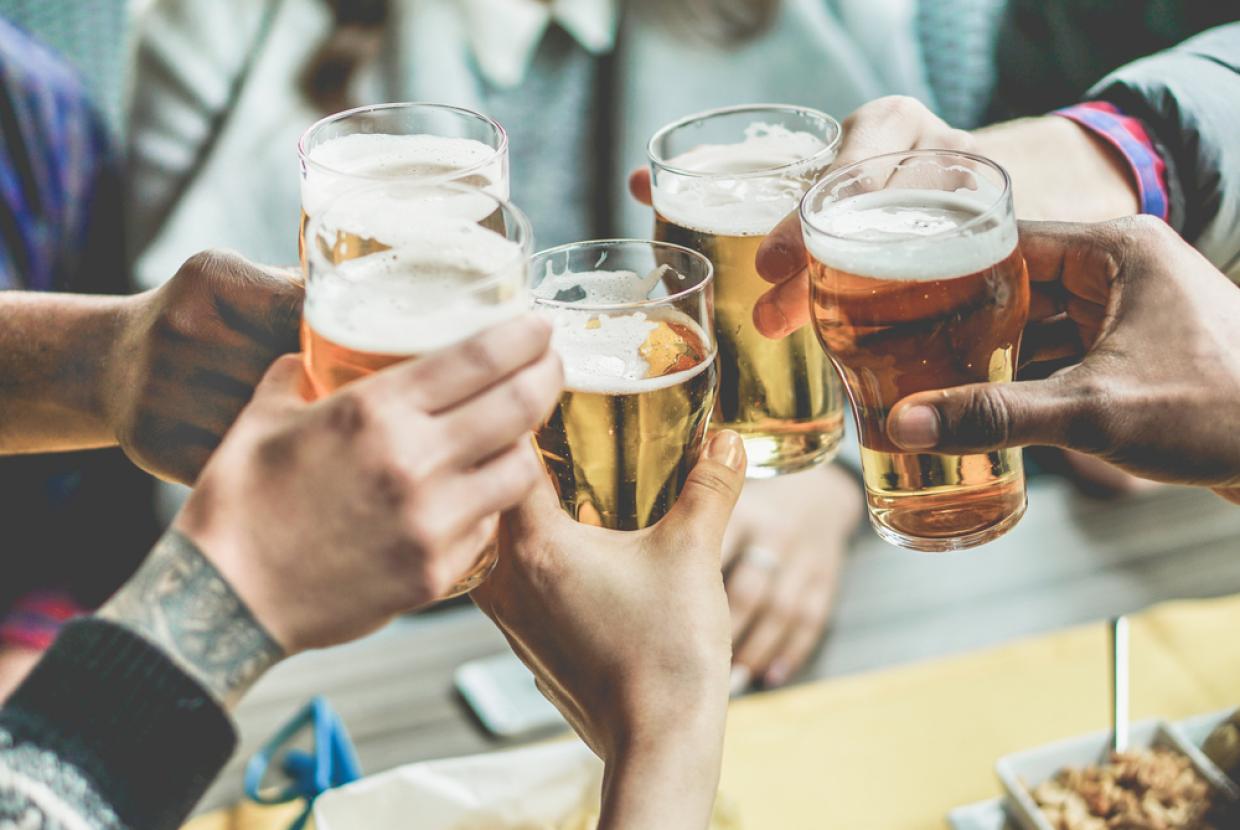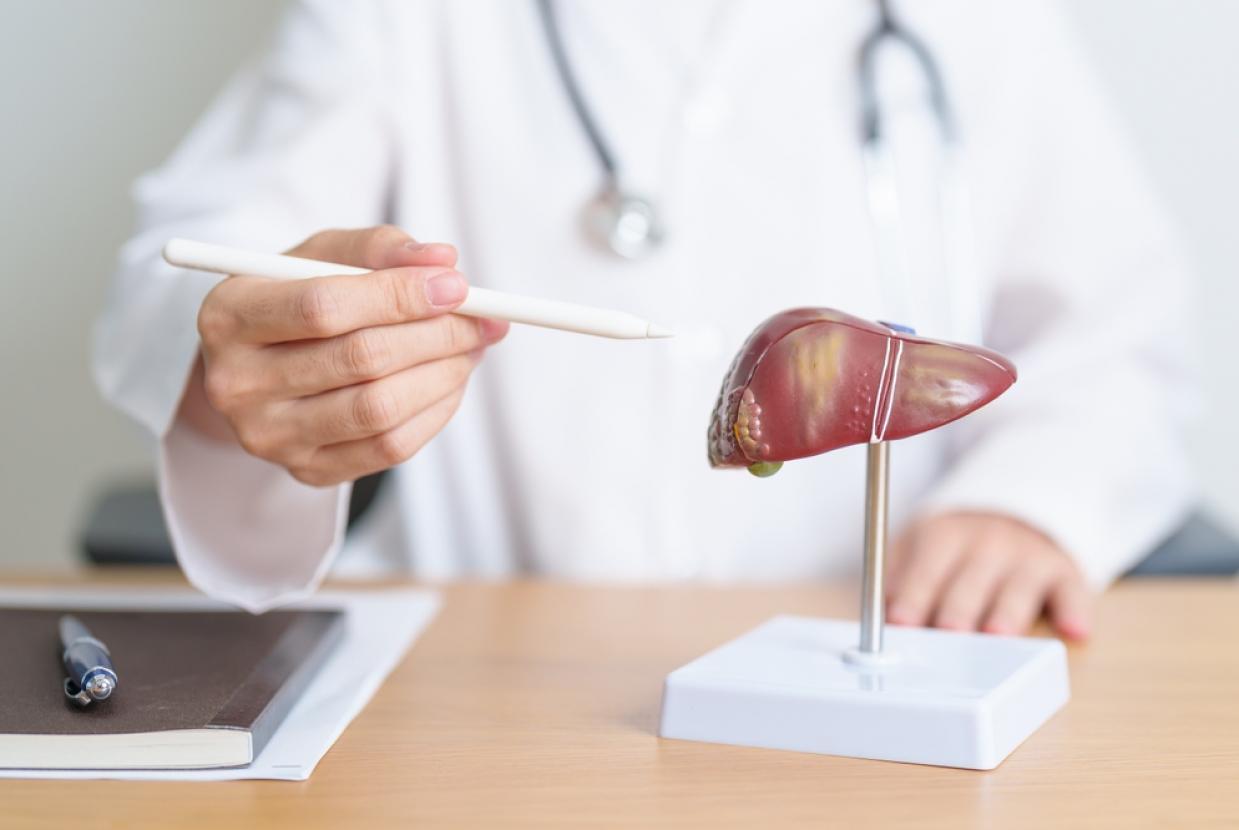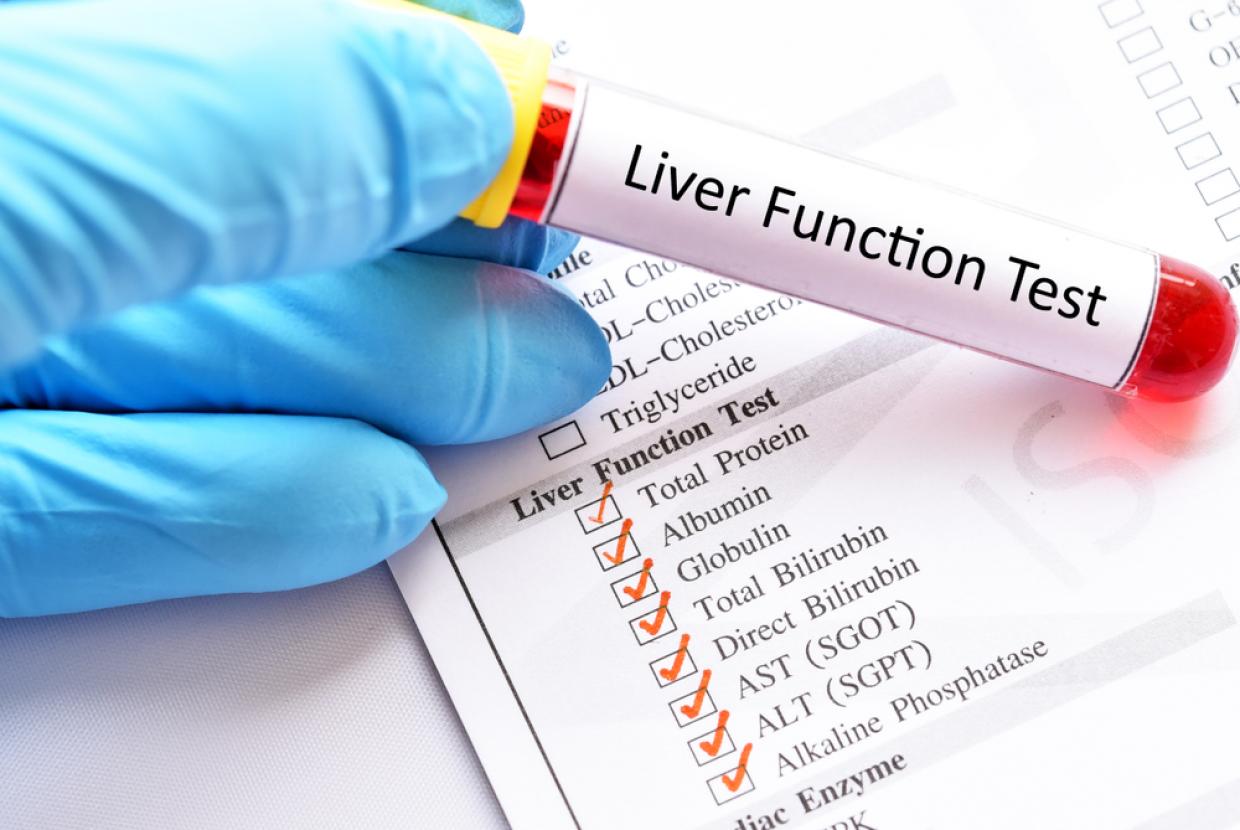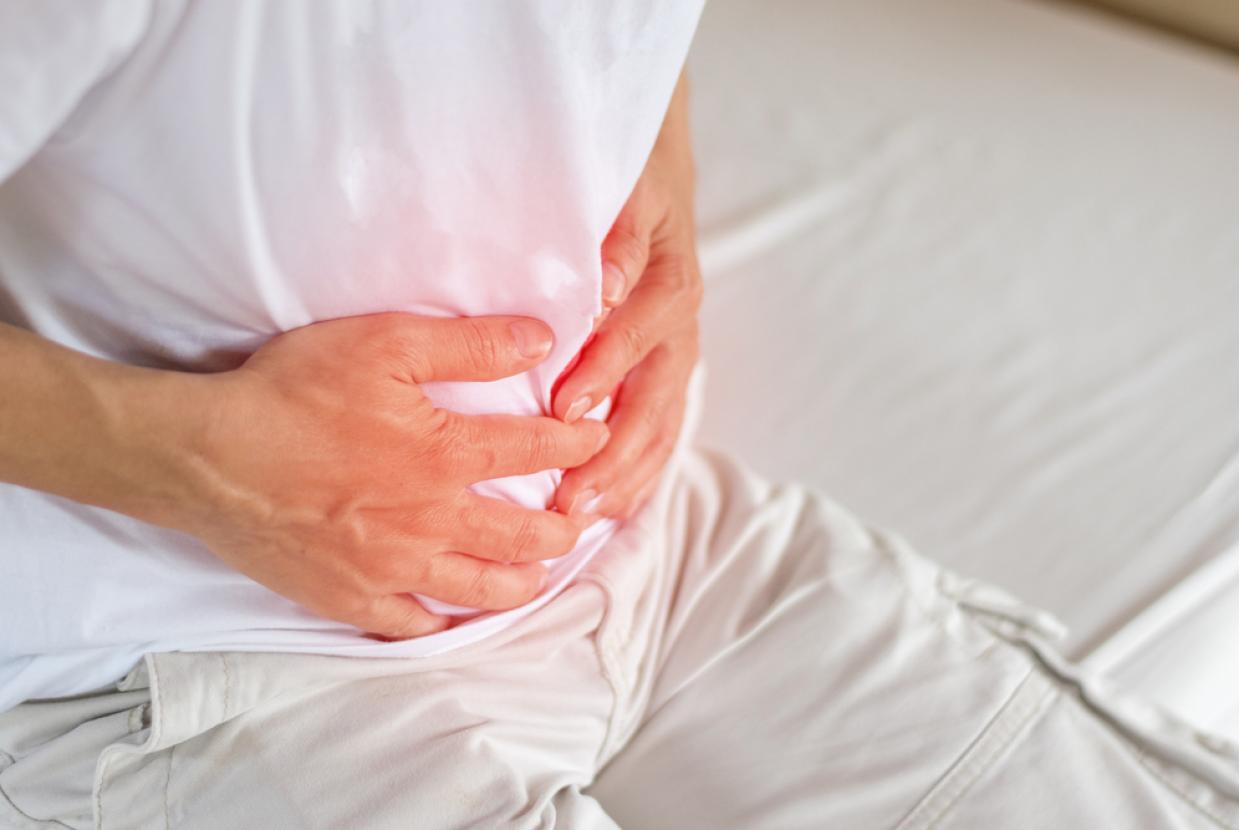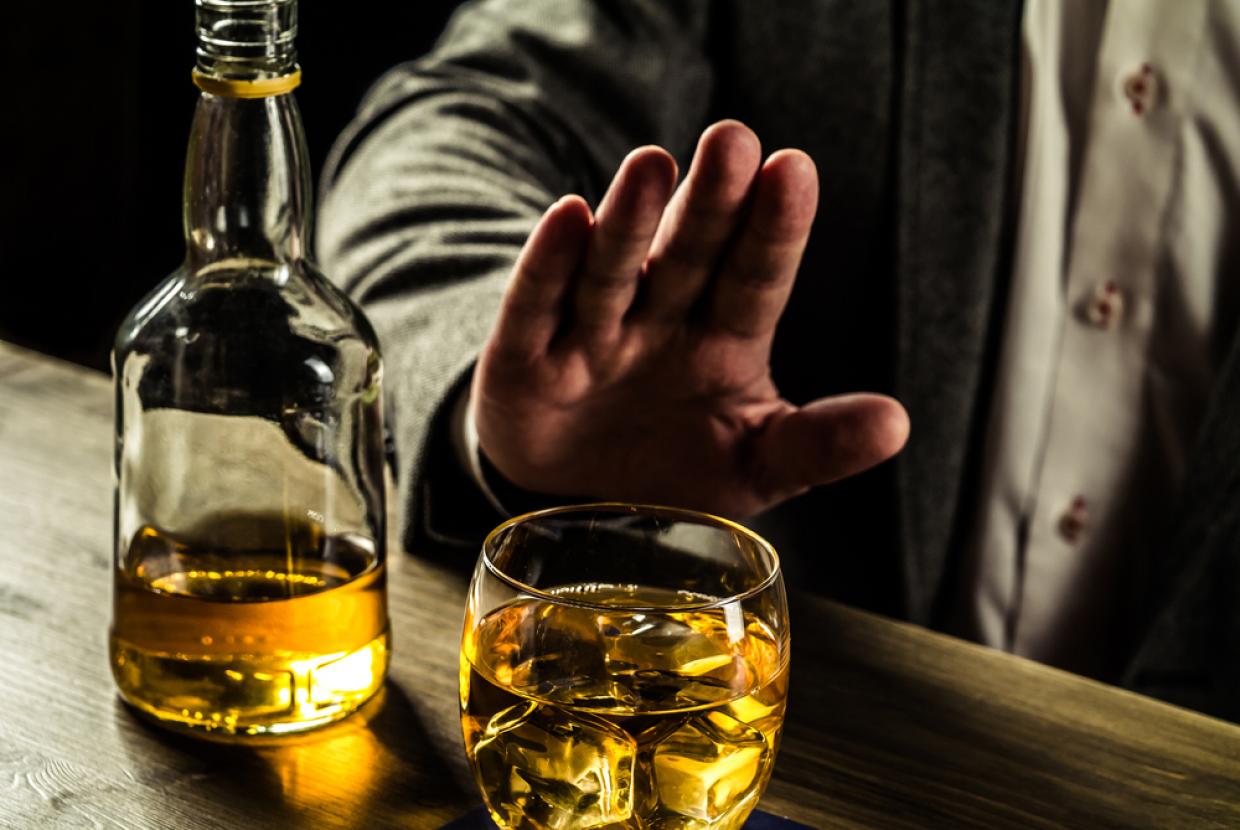Alcohol & Calories
Amongst adults who drink, alcohol accounts for somewhere between 4% and 10% of our total calorie intake. For those of us who are watching our weight, reducing how much alcohol we drink is one way to better manage the number of calories we consume.
Research has shown that the general population has a relatively poor awareness of the number of calories in their drinks. A survey of over 2,000 UK adults in 2014 showed that over 80% of people did not know or underestimated the number of calories in a large glass of wine, and over 60% of people did not know or underestimated the number of calories in a pint of lager.
This situation is not helped by the fact that many alcohol producers do not list on their packaging the number of calories contained within their drinks.
How many calories are there in alcoholic drinks?
The recommended daily calorie intake for a man is around 2,500 calories (kcal) and for a woman around 2,000, although these values can vary depending on things like age, weight, and fitness levels. People who are aiming to lose weight often aim for around 600 calories per day less than this.
One gram of alcohol provides seven calories (7kcal), compared with 9kcal per gram for fat, and 4kcal per gram for carbohydrate and protein. One unit of alcohol contains eight grams or 10ml of alcohol, which provides 56kcal. However, other ingredients in alcoholic drinks, such a sugar, cream and fruit juice, can add more calories.
The table below provides an estimate of the total calories found in different types of alcoholic beverages. Use our unit and calories calculator to find the number of units and calories in your favourite drink.
Type of drink | Size | Alcohol by volume (ABV) | Units | Calories (kcal) |
Standard glass of wine | 175ml | 12% | 2.1 | 158 |
Large glass of wine | 250ml | 12% | 3.0 | 225 |
Beer, lager, cider | Pint (568ml) | 5.2% | 3.0 | 222 |
Spirits (neat) | 25ml | 40% | 1.0 | 50 |
Watching our intake
Many of us often forget to include alcoholic drinks when watching what we eat. It is easy for calories from alcohol to add up quickly and unnoticed, as they are being consumed as a liquid.[4]
Alcohol is also an appetite stimulant, which can lead to overeating at mealtimes and late at night. To achieve and maintain a healthy weight it is best to moderate our alcohol intake. To provide all the nutrients needed to maintain health and reduce the risk of disease, a healthy balanced diet containing a variety of foods is needed. Alcoholic drinks lack most essential nutrients and vitamins, so if alcohol is providing many or most of the calories in the diet then there is a risk of nutritional deficiencies.
Saving calories from food for alcohol, i.e. drinking alcohol rather than eating to prevent putting on weight, should be avoided.
Tips for reducing calorie intake from alcohol
If you cut back your consumption levels, then obviously you will also reduce your intake of calories from alcohol. A good way of achieving this is to switch to lower strength drinks: for example, if you enjoy drinking wine, try switching from a relatively strong wine (typically 13% ABV) to a mid-strength wine (5.5% ABV). There are also some good alcohol-free choices available.


